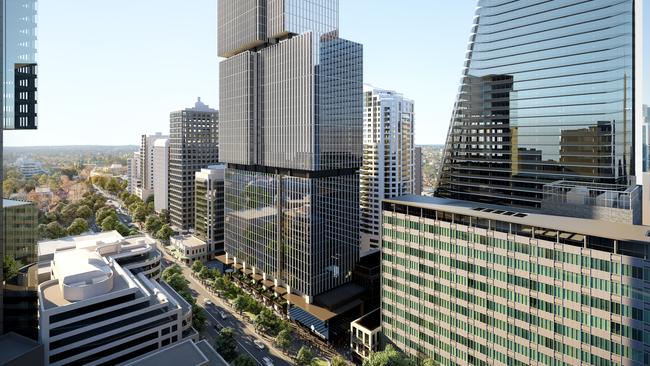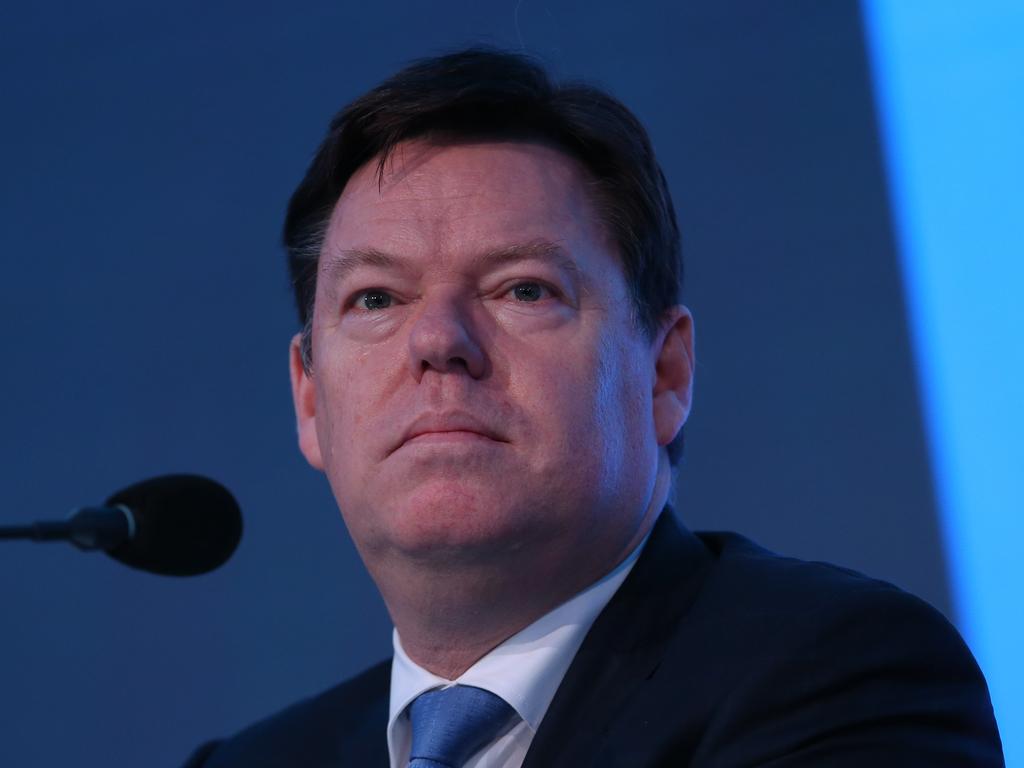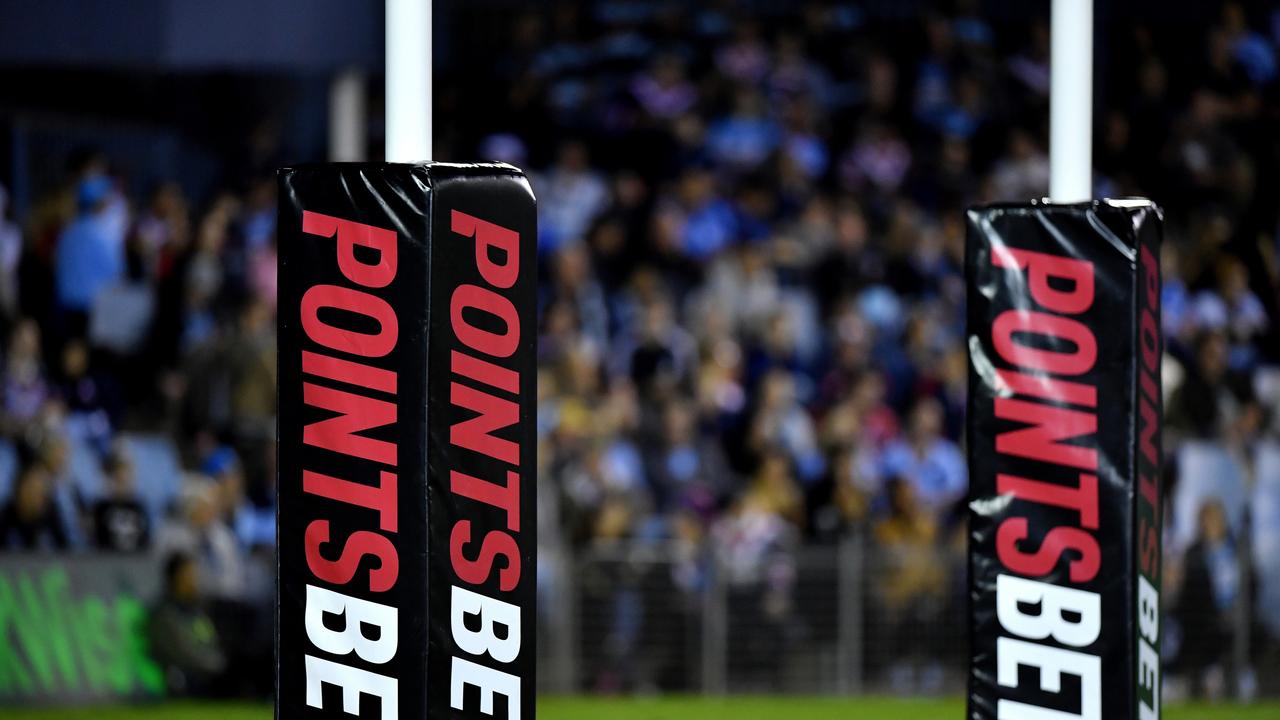Lendlease plunges to $310m annual net loss
Lendlease sank to an annual loss as it absorbed costs tied to the exit of its engineering business and the impact of the COVID crisis.

Global construction and development giant Lendlease has plunged to a $310m annual net loss, hit by costs from its lingering exit from its engineering business and the impact of the coronavirus pandemic.
The company also revealed it received JobKeeper assistance of $9.7m in the depths of the COVID crisis but stopped receiving it in mid-June once it had a better picture of the impact of the pandemic on its operations.
The company called out build-to-rent as a key area for expansion as governments look to stimulate affordable housing, and it will look for projects locally after already setting up in Britain and the US.
The company, which has suffered writedowns on its investment portfolio and flagged some delays in major projects, sees the sector as a big engine of growth and already has 19,000 sites globally.
Chief executive Steve McCann said recent moves by state governments made it more attractive to invest in build-to-rent locally and predicted that residential build-to-rent would become a “higher focus” around the world. But the company is still being weighed down by its expensive exit from its engineering business, with the final sale price to Spanish company Acciona now at $160m and losses to be at the top end of the previously forecast $450m-$550m range.
The building business was hit hardest offshore in cities where shutdowns were implemented. Lendlease cited lower productivity, projects being put on hold and delays in starting or securing of new projects.
The pandemic is hitting the company’s sites worldwide.
It said about 207 workers had tested positive to the coronavirus but it was following strict protocols and none had died. Locally, 23 people had been infected.
The company posted a profit after tax of $96m and a return on equity of 1.5 per cent, as it was hit by a $212m after-tax loss in the second half. Lendlease said the half was “significantly impacted” by COVID-19.
However, its development pipeline jumped to $113bn, up 48 per cent over the year as it secured two major urbanisation projects, with an estimated end development value of $37bn, including a Google project in the US and riverside precinct in London.
Investors welcomed news that the sale of its engineering business would be completed shortly although the company, as part of the Cross Yarra Partnership consortium for the Melbourne Metro Tunnel Project, is locked in talks with the Victorian government. Lendlease shares rose 1.4 per cent to $11.68.
The company said it was working closely with the Andrews government about stage four restrictions in Melbourne and some projects would be delayed while these were in force.
Mr McCann said Victoria was going through a “challenging period”. The main impact on the company was a reduction of staff on commercial building sites, and it was working with the government to allow works to continue. Eleven of its 15 projects were impacted but they were at different stages.
Lendlease said that the HomeBuilder package sparked a jump in activity in its land estates with inquiry up by 40 per cent in June and July but it was likely to miss earlier targets to sell between 3000 and 4000 lots this financial year.
“Inquiry levels have recovered as government stimulus were bought in,“ Mr McCann said. Lendlease said it would be supportive of extending HomeBuilder to apartments.
Lendlease said conditions deteriorated significantly in the second half of its fiscal year, with delays experienced in converting development opportunities across the company’s urbanisation pipeline.
But it is sticking to its model of major urban regeneration projects around the world and thinks it has an advantage in designing new styles of offices, with Mr McCann predicting a switch to the hub and spoke model, and using more green areas in precincts.
Lendlease would not slow its frenetic roster of developments in global gateway cities and it is looking to convert more of these into new buildings that can be pre-sold to institutional investors.
Mr McCann said the urbanisation pipeline was expected to create more than $50bn of institutional grade assets for investment partners. “We are well placed to double our current $36bn funds under management as this pipeline is delivered,” he said.
After raising $1.2bn as the pandemic broke out Lendlease also had capacity to accelerate delivery of developments and to capitalise on new opportunities.
Mr McCann admitted it was a tough time for shopping centres.
Additional reporting: Dow Jones Newswires





To join the conversation, please log in. Don't have an account? Register
Join the conversation, you are commenting as Logout